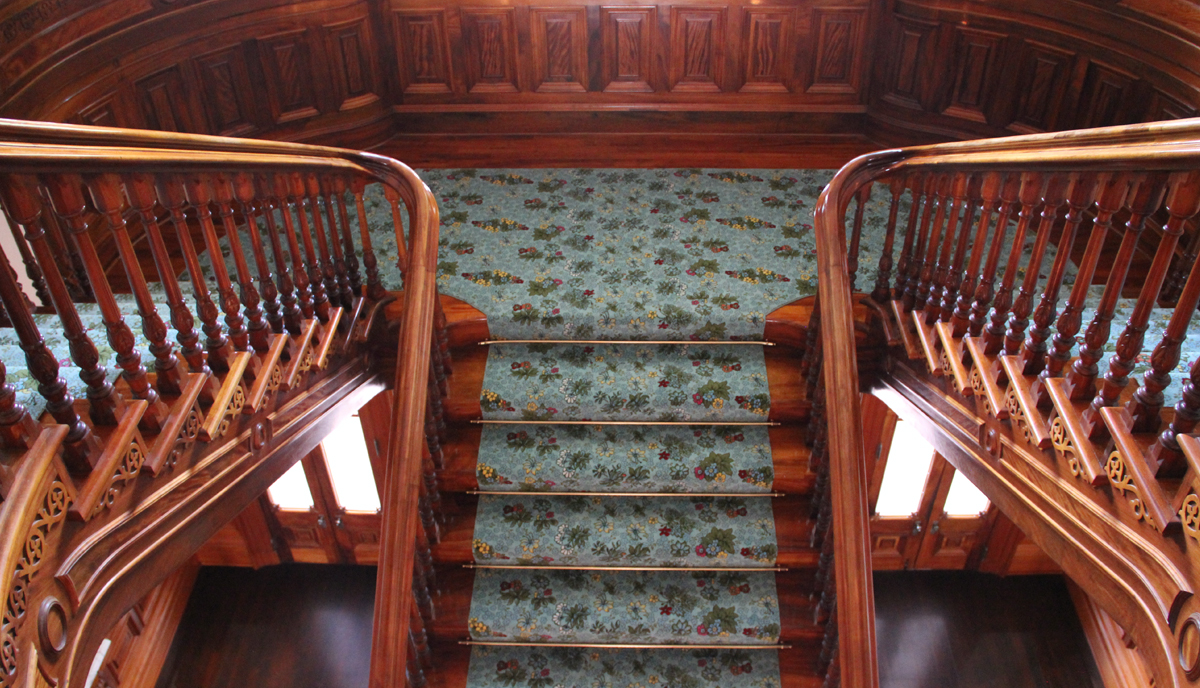I saw a recent conversation on social media where someone stated that he only had a few years left on his home mortgage, so there wasn’t much interest left to pay. Because of this he felt it was far better to pay out the mortgage as scheduled and invest his money for a higher return. He saw no advantage to becoming debt free.
What caught my attention was his reasoning is exactly opposite of what I teach. You get the most bang for your buck when you pay off a home mortgage near the end of the term. Yes, there is little interest left, but you still have a huge payment to make in relation to the outstanding debt. Therefore, when you pay off the mortgage near the end of its life, you get a higher cash on cash return, based on your cash flow, than you get when the house is payed off at the beginning of the loan period. Let’s look at the numbers.
Let’s take the example of a $600,000, fifteen-year home mortgage at 4% that has five years remaining on the loan. At that point there is only $240,985.86 of principal left to pay. So, what is the effect of either keeping the mortgage and investing $240,985.86, versus paying off the mortgage and investing the old mortgage payment each month? We will only be concerned with the principal and interest portion of the payments for this example and not take the tax effect into consideration.
Let’s say I am a conservative investor and in today’s market I expect to get an average return of 6% on my investments. If I invest the entire lump sum, at the end of five years it will be worth $325,053.81 if all goes well. I will also need to continue making my $4,438.13 mortgage payment for those five years, which total $266,287.80. At the end of the five years I will have a paid off house and $325,053.81 in investments.
On the other hand, if I had used the money to pay off my house, I could then put the monthly house payment into the same investments at 6% and at the end of five years I would have the same paid off house and an investment account balance of $317,183.08.
The mathematical difference between the two outcomes is $7,870.73 after 5 years if it all goes according to plan. But what are the other differences between the two options?
Advantages of investing the money and keeping the mortgage:
1: I have an additional $7,870.73 at the end of five years if all goes as planned.
2: During the five years I had slightly more liquidity. (I can get to my investment money faster than the time it would take to refinance the house.)
Advantages of paying off the house:
1: I would sleep better knowing my home is paid in full and can’t be repossessed.
2: No risk of foreclosure with no mortgage.
3: Bragging rights. A paid off house makes me stand out in the financial crowd. The wealthy are lenders not borrowers.
4: Did not need to make 60 mortgage payments.
5: Being out of debt makes me want to remain debt free by avoiding purchasing anything that requires paying interest. It becomes a new way of life. I stop borrowing to get things I want. The great sucking sound of interest working against me stops.
6: I have the ability to spend all of next year’s income instead of earmarking $53,257 that is required to go to the house payment.
7: Not having $53,257 of my income going to my house payment, I have more options for what I could do with my money each year.
8: I have a great cash on cash return on the house pay off. I paid $240,985.86 and got an after tax return of $4,438.13 of additional cash flow in my spending plan every month. That is $53,257.56 a year. That comes to a 22% cash on cash return in cash flow.
9: I got an instant raise. If my marginal tax rate is 40%, then the house payment being gone and available to spend or invest is the equivalent of getting an $88,752 raise in my salary. People will uproot their family and move across the country to get an $88,752 a year raise. I got it by simply paying off the house.
10: No risk of losing the original $240,985.86 in a market crash.
11: If my income drops unexpectedly, an outcome COVID brought to light, I have $4,438.13 more wiggle room each month without the possible loss of my home.
As you can see that $7,870.73 ($1,574.15 a year) can buy a lot of advantages. One of the big arguments to not pay off the debt is you have the ability to take the money from your investment account and pay off the house if a problem arises. That means the money in the investment account is not available for other uses, since spending it eliminates this back up plan. When I paid off my house and started investing the house payments, none of that invested money was earmarked to cover my mortgage if needed. All of that investment money is available for me to spend however I please and my house is still safe.
Of course, after reading my book The Doctors Guide to Eliminating Debt, you already know all of this. I put my money where my mouth is and paid off my house in 2001. I have not regretted it. I have yet to find someone who has regretted paying off their house. If they did regret it, they could simply get another mortgage, but they don’t. Once they taste the freedom of a paid off house, they don’t go back and get another mortgage. This speaks volumes about which option is better and can only truly be seen by those who have lived both with and without a mortgage.
Almost everyone who says you should not pay off your house has never experienced the other side. They only know one scenario, make house payments forever. I have lived through both having and not having a house payment, and I know which way is the clear winner. Paying off my house certainly didn’t stop me from being able to retire at age 50 without decreasing my lifestyle. It won’t stop you either.
Go back and reread all the advantages of paying off your house. Than compare it to the prospect of having a little bit more money in the future. Just how much is that $7,870.73 going to rock your world when your net worth is seven figures? You can also play around with the interest rates of the mortgage and the investment return, but all the advantages listed above still remain. The manipulation only creates a different small number. Stop trying to manage your debt and start eliminating it. You will not regret it.
So which option is better? It depends on what you are measuring. If your only concern is math, one option provides a little bit more money, if all goes well. If, on the other hand, your concern is everything else in life, the other option provides so much more.






It has been said that a mortgage is like a reverse bond. As retirement looms one tends to put more in bonds. The 6% payback used is an average which includes primarily equities. I suspect that bonds are more like 3%. It used to be that one could deduct home interest from one’s taxes, but now especially when the standard deduction is higher, many may not be itemizing to get that tax benefit. On the other hand having money in taxable allows for some tax loss harvesting. Lastly which I know you didn’t intentionally include is the effect on taxable gains, depending on which bracket one is in vs the interest rate charged by the bank. Closing costs play a role in getting the mortgage in the first place and may determine the value of the loan itself but once payed is like walking out of a bad movie after you paid the ticket price deciding your time is better spent elsewhere. So many variables to think about…
I paid off my house as well and I think it was the best decision for me. Peace of mind really adds a lot of non monetary value to my decision.
Investing is not a guarantee of returns while paying off a mortgage is.
There is one factor against paying off a house that is often overlooked. You are paying tomorrow’s debt off early today with current money which is likely more valuable than the future dollar because of inflation. If you take in inflation on a 30 yr mortgage, the dollars used to pay in year 30 should be far less valuable than today’s dollars.
Still would do what I did but from a pure math point this may tilt it to favor holding on to a mortgage.
Feeling is mutual very accurate summary of mortgage and sometimes it makes more sense to do what is emotionally comfortable than financially because you can’t put a price on sleeping good at night…Who would’ve predicted Covid and many physicians who have been unemployed or lower paid and if your house is paid off that’s one big concern no longer will have to be worried about